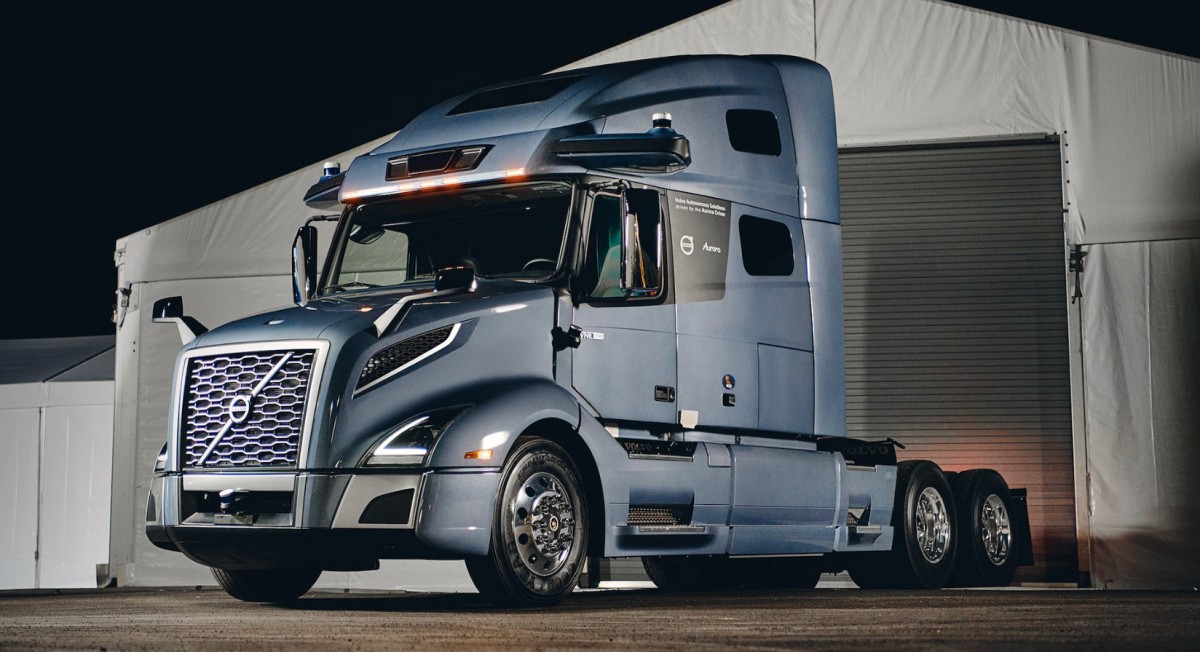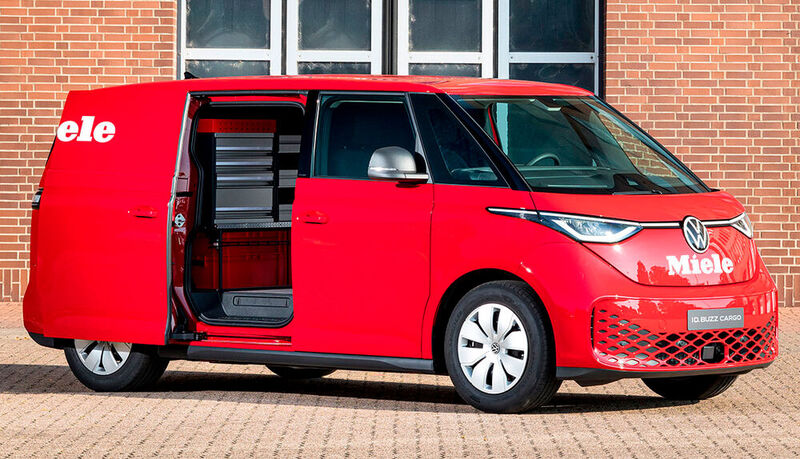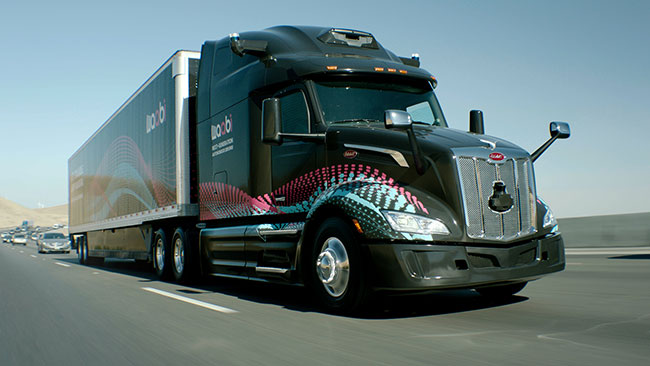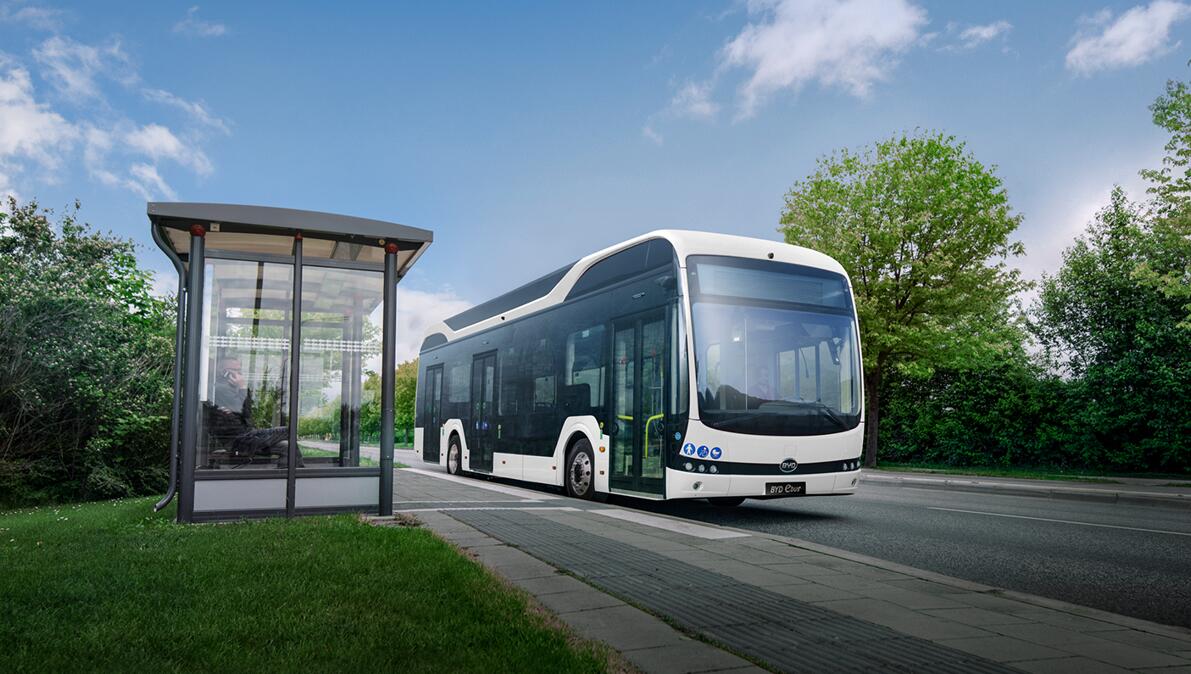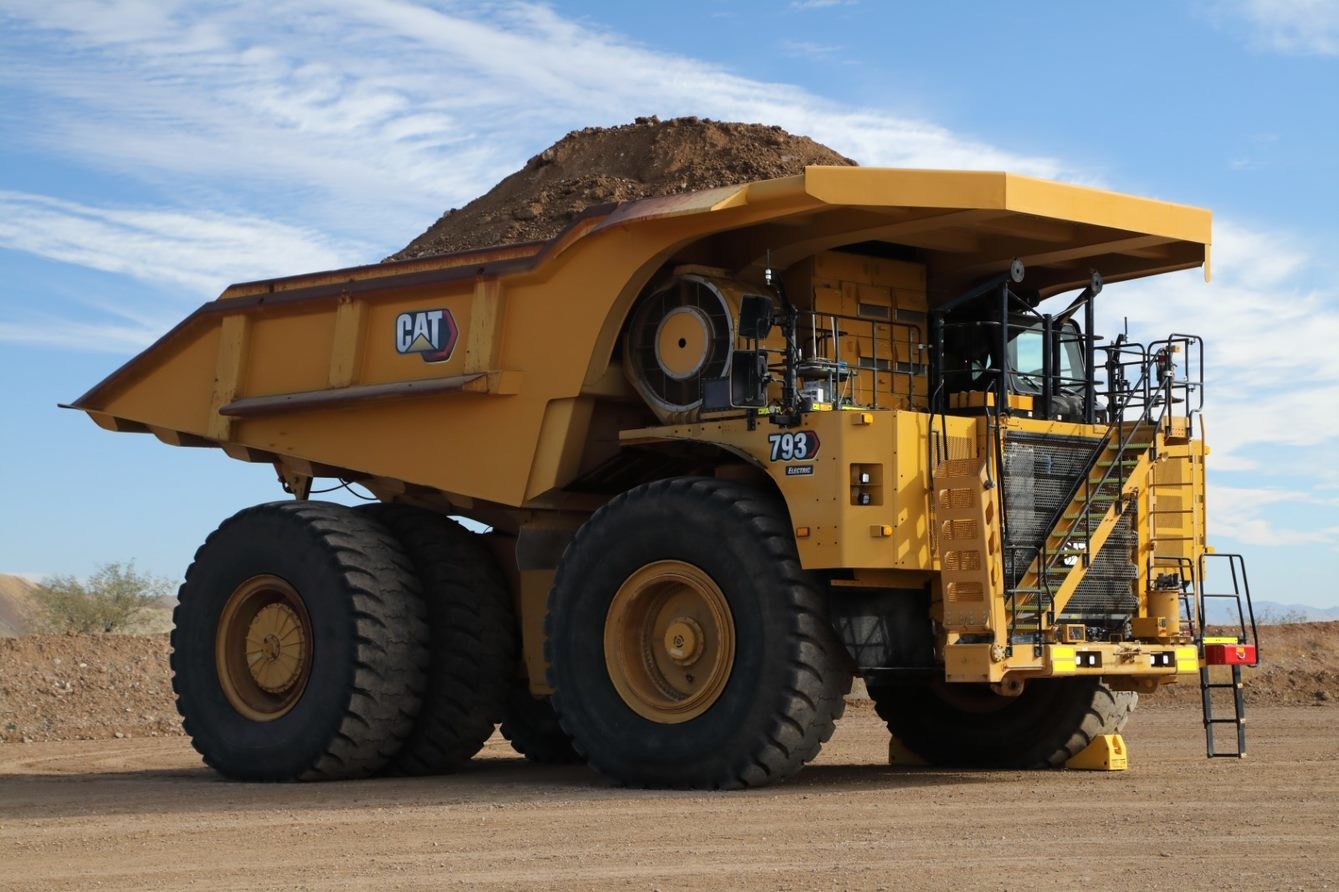The United States has a very ambitious plan – to phase out sales of commercial vehicles with internal combustion engines by 2040, the US energy secretary agreed at the COP27 climate summit in Egypt on Thursday.
That means in just 17 years there will be no new school buses, trucks, delivery vans or tractor trailers with internal combustion engines.
The US targets 30 percent of new commercial vehicles to be zero-emissions by 2030 and then to 100% by 2040.
“We must work together across oceans and borders to achieve our clean energy goals,” said US Secretary of Energy Jennifer Granholm.
In total in the United States there are about 2 million semi trucks on the road and 12.5 million buses and commercial vehicles. In 2021, the sales figure will reach 12,058,515 commercial vehicles.
A group of 16 lawmakers led by Senator Martin Heinrich earlier this month urged President Joe Biden to sign the agreement, noting that medium and heavy trucks represent 10% of vehicles but account for 28% of total road greenhouse gas emissions.
The $430 billion climate policy, taxes and drugs bill passed in August includes a new commercial electric vehicle tax credit, up to $7,500 for light and medium duty vehicles and up to $40,000 for heavy duty vehicles.
The next challenge is the charging infrastructure and the availability of electric commercial vehicles in the market. Tesla has just delivered its first semi-electric truck to a customer and aims to build 100,000 trucks by 2024.
Lion Electric has just started production of its electric school buses and has a production target of 20,000 units per year which is about 4 percent of the entire school bus fleet in the US.
From the infrastructure side, thousands of charging stations dedicated to commercial vehicles must be prepared in strategic locations. Other manufacturers need to join the effort and start producing electric trucks.
The global electric truck market is expected to grow in 2023

